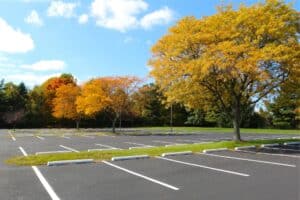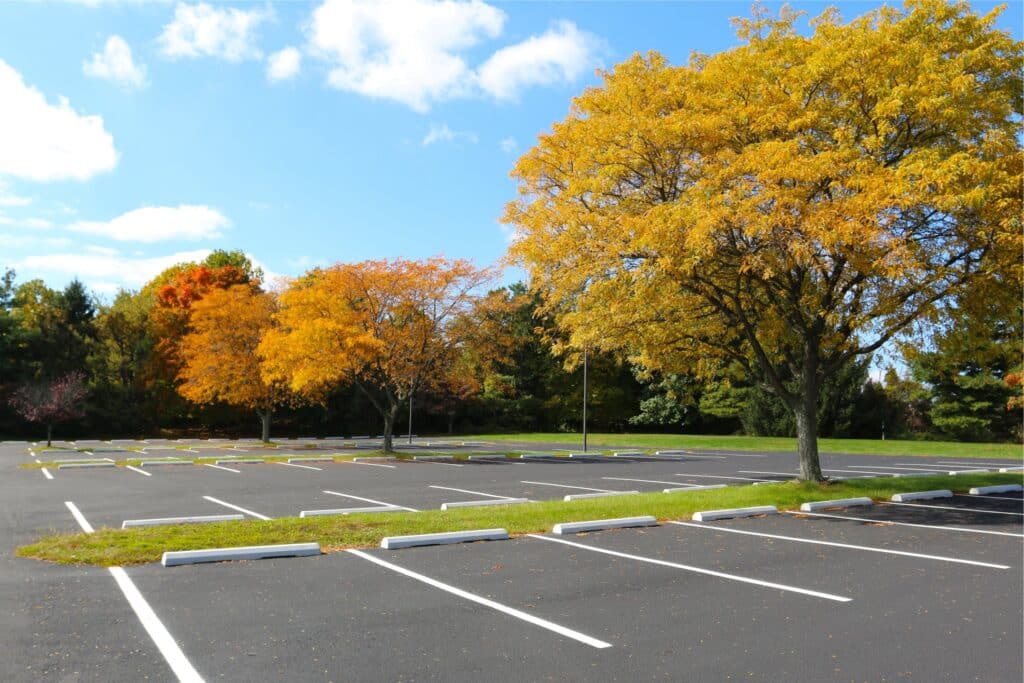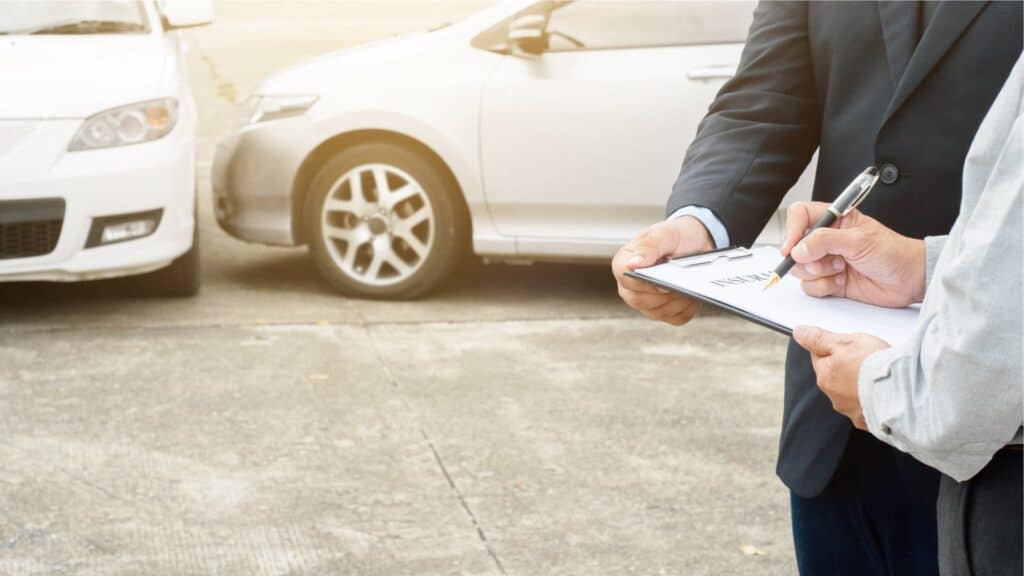Portland is famous for many things: Our food, our art, our culture, and our community. But the thing we must be most famous for is the one thing we don’t have any control over: the weather. Our rainy seasons are legendary, and they have severe consequences when it comes to drivers unfamiliar with our roads.
In the event of an auto accident, how much of the damage can be placed on the bad weather? How liable are you for a crash when the rain was partially responsible? This article attempts to answer those questions and more by looking into how environmental factors can influence auto accident settlement negotiations.
If you have experienced an auto accident in Portland or Woodburn, Oregon, call the auto accident experts at Zbinden & Curtis Attorneys At Law today.
The Impact of Climate Conditions
Climate conditions such as rain, snow, fog, and ice have a profound effect on driving safety. These weather elements reduce visibility and make the roads more hazardous. They cause slippery surfaces, which increases not just the likelihood of accidents but also the severity of them. When accidents occur under bad weather conditions, the role these conditions play often becomes a central point in liability discussions.
The argument typically goes that the weather was the cause of the accident instead of driver error. However, the courts also expect drivers to adjust their driving behavior according to the weather. So, failure to do that can impact liability determinations. For instance, a driver who doesn’t reduce speed in a rainstorm might be held more responsible for an accident.
The Impact of Road Design
The design of roads is another critical factor influencing auto accidents in Oregon. The curvature of the road, the gradient, the width of lanes, and the presence of safety features can all significantly affect driving safety. A well-designed road can minimize accident risks, while a poorly designed one can increase them.
In cases where road design contributes to an accident, liability discussions may extend beyond the drivers involved to include those responsible for road design or maintenance. For instance, a crash at a confusingly designed intersection might lead to questions about the liability of the city authorities responsible for the road design.
The Impact of Infrastructure
Finally, the quality of infrastructure plays an important role in road safety. This includes the condition of the road surface, the presence of road signs, and whether traffic signals and street lights were working properly. Poor infrastructure, such as potholes, lack of proper traffic signs, or poor street lighting, can directly contribute to accidents.
In these scenarios, the liability for an accident might be partially put on the governmental bodies that maintain the infrastructure. For example, if a poorly maintained road with significant potholes leads to an accident, the responsible road maintenance agency might be held partly liable. This is important because of how Oregon assigns and calculates liability—more on that in the next section.
Basically, while a driver’s behavior and decisions are what lead to most auto accident liability determinations, climate, road design, and infrastructure often play a crucial role.
Oregon’s Modified Comparative Fault
In Oregon, the way fault is figured out in car accidents is based on a rule called modified comparative fault. This is why reporting the weather conditions after your accident can help with your settlement amount.
When an accident happens, each person involved gets a percentage that shows how much they were at fault for it. For example, if you’re in a car accident, you might be found to be 30% at fault and the other driver 70%.
The important part of this rule is that you can get money for damages as long as you’re not more than 50% at fault. But, the money you will get will be reduced by your fault percentage. So, if you’re 30% at fault and the total damages are $100,000, you can only get $70,000.
In Oregon’s modified comparative fault system, the role of weather in your crash can be an important factor. If bad weather was a big reason for the accident, like heavy rain or thick fog making it hard to see or drive, this could reduce how much the accident is your fault. If the weather is shown to be a major factor, your percentage of fault could be lower. This means you could get more money for damages since your payout is reduced by the amount you’re found at fault. Essentially, proving that the weather was a key factor in the accident can work in your favor when it comes to settling the claim.
Preventive Measures and Driver Responsibility in Portland’s Rainy Weather
Understanding the dangers of driving in adverse weather is crucial for safety. Drivers in Portland should be educated about the risks associated with driving in rain, fog, snow, and other challenging conditions. Awareness of weather forecasts and knowing when to avoid driving during severe weather can significantly reduce the risk of accidents.
Vehicle maintenance plays another role in driving safely during bad weather. Maintenance includes ensuring tires have adequate tread for wet roads, windshield wipers are effective in heavy rain, and all vehicle lights are functioning properly. Adopting safe driving practices is essential, especially during Portland’s rainy seasons.
Reducing speed, increasing the distance between vehicles, and using headlights correctly in fog or heavy rain not only prevent accidents but also demonstrate responsible driving behavior. Proving this can be important in liability determinations.
Remember, despite adverse weather conditions, drivers are legally obligated to exercise caution. This means adjusting driving habits to suit the conditions. Failure to do so can lead to increased liability in the event of an accident and a much smaller settlement to cover your losses.
Zbinden & Curtis Attorneys At Law: Keeping Portland Drivers Protected
If you’ve been involved in an auto accident in Portland, especially one influenced by bad weather, it’s important to seek expert legal advice. At Zbinden & Curtis Attorneys At Law, we specialize in untangling the complexities of auto accident claims. Our expertise can guide you through the settlement process and ensure that all environmental factors are carefully considered.
Reach out to Zbinden & Curtis Attorneys At Law today if Portland’s unpredictable weather has affected your accident. Call our friendly staff today at (503) 287-5000.










